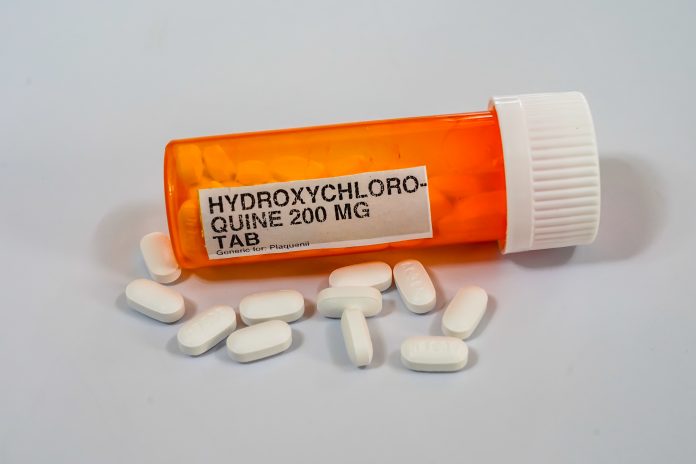A study, published in DNA Repair, finds that hydroxychloroquine (HCQ) is potentially toxic to mammals – the drug that was previously elevated to the status of miracle COVID cure in some circles
Hydroxychloroquine, a disease-modifying anti-rheumatic drug (DMARD), regulates the activity of the immune system – which may be overactive in some conditions.
It is mainly used to treat rheumatoid arthritis, discoid and systemic lupus erythematosus (SLE) and juvenile idiopathic arthritis (JIA). The drug has long been associated with side effects such as cardiotoxicity and ophthalmologic and gastrointestinal complications.
However, in 2020, before any vaccines were ready for use – the drug became perceived as a miracle cure to COVID. These perceptions came from an online amalgam of misinformation from credible-seeming sources, such as practising doctors and healthcare professionals. A study in October, 2020, disproved that HCQ could work to stop COVID.
HCQ is ‘only beginning to be understood’
Now, researchers are looking at how the drug actually impacts the human body.
Dr Ahmad Besaratinia, study leader and professor of research in the Department of Population and Public Health Sciences at the Keck School of Medicine of USC said: “The uproar over HCQ drew our group’s attention, and we realized that, although the drug has been widely used for the treatment of diseases ranging from malaria to rheumatoid arthritis, its exact mechanisms of action are only beginning to be understood.
“Most importantly, there was no data on whether HCQ has adverse effects on the genome.”
Side effects might include mutations, leading to cancer
This study suggests the possibility of additional side effects that might impact patient populations.
For example, mutations induced by DNA damage are the cause of many chronic diseases including cancer.
Dr Besaratinia further said: ““We conducted the study using a cell culture system derived from embryonic mouse cells. Whereas many in vitro experiments administer unrealistically high levels of a drug for testing, we used therapeutic doses of HCQ that are actually given to patients.
“This drug is capable of inducing genetic mutation, which means we must carefully measure the risks and benefits of its use, especially in the context of clinical trials.”











